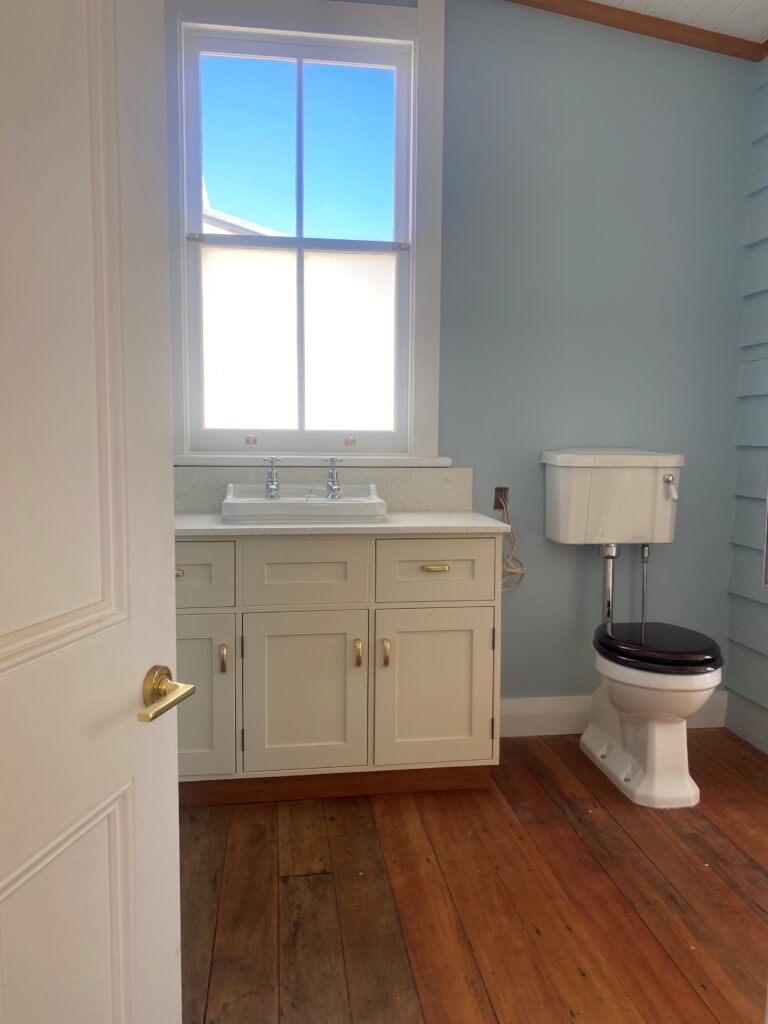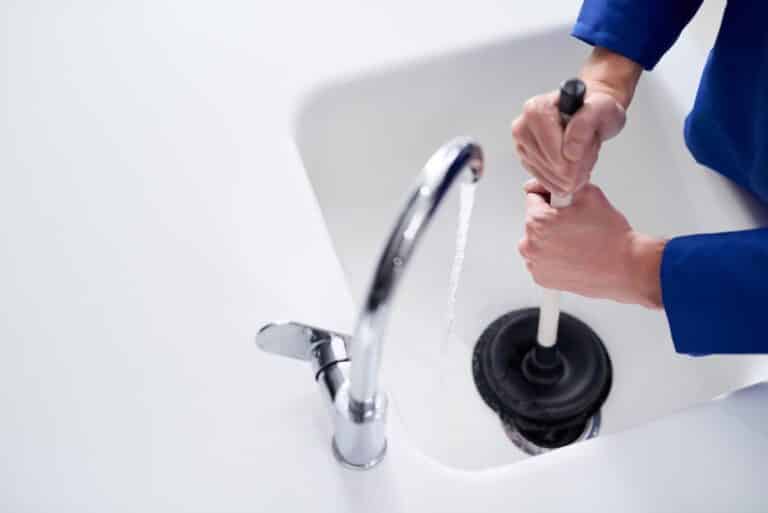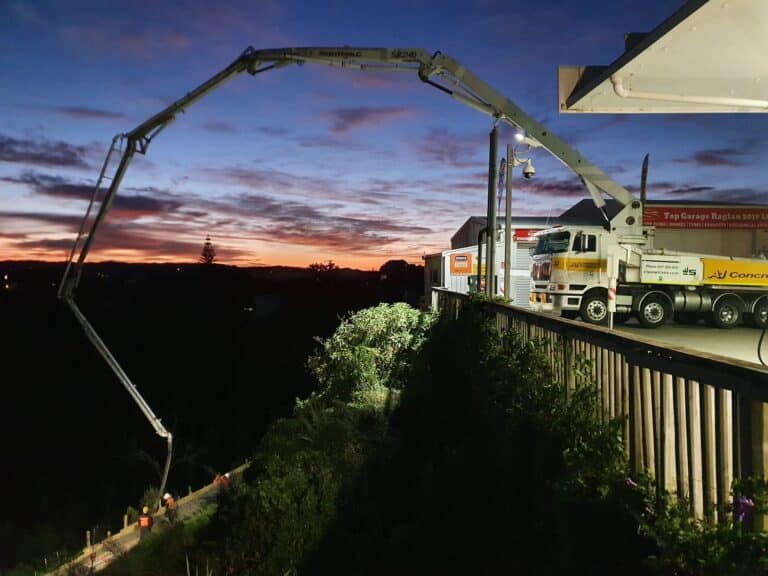Blocked drains in Whanganui can be a significant nuisance, especially during periods of heavy rainfall. Drain blockages occur when waste, debris, or other materials clog the pipes, leading to disruptions in normal drainage function.
It is crucial to address these issues promptly, as untreated blockages can result in serious plumbing problems and potential damage to your property.
Given Whanganui’s unique weather patterns, characterised by sudden downpours, understanding how to manage blocked drains effectively is essential for homeowners and businesses alike.
Understanding Drain Blockages
Common Causes of Drain Blockages
- Debris Accumulation: Over time, items such as hair, soap residue, food scraps, and grease can accumulate in your drains. When heavy rain occurs, this buildup can become dislodged and cause further blockage downstream.
- Tree Roots Intrusion: In Whanganui, many properties are adorned with trees that can pose a threat to underground drainage systems. Tree roots are drawn to moisture and can invade pipes, leading to significant blockages.
- Poor Drainage Design: Some older homes in Whanganui may have inadequate drainage systems that are unable to handle heavy rainfall. Poorly designed or maintained drainage can easily lead to blockages.
How Heavy Rain Exacerbates Blockages
- Increased Water Flow: Heavy rain causes a surge in water flow through the drainage system, which can lead to blockages being pushed further down the line, ultimately causing more severe issues.
- Overflowing Drains: During intense rainfall, drains can overflow if they are blocked. This not only creates an unpleasant mess but can also lead to flooding in your property.
Signs of Blocked Drains
Recognising the signs of blocked drains in Whanganui early can help prevent further damage. Here are common indicators:
A. Slow Drainage in Sinks and Showers
If water takes longer than usual to drain from your sinks or showers, it is often an early warning sign of a blockage.
B. Unpleasant Odours
Blocked drains can emit foul smells due to stagnant water and decomposing waste. If you notice a lingering unpleasant odour, it’s time to investigate.
C. Gurgling Sounds from Pipes
Gurgling noises coming from your pipes can indicate that air is trapped due to a blockage, and the system is struggling to drain properly.
D. Overflowing Toilets and Drains
If your toilets or external drains are overflowing, this is a clear sign of a significant blockage and should be addressed immediately.
Immediate Actions to Take During Heavy Rain
Assess the Situation
- Check for Visible Signs of Blockages: Look around your property for any visible signs of drain blockages. Check external drains and grates for debris.
- Monitor Drainage Levels: Keep an eye on water levels in your sinks, showers, and outdoor drains to identify any potential overflow issues.
Clear Nearby Debris
- Remove Leaves, Branches, and Trash: Clear any debris around your drains to prevent it from washing into the system and exacerbating the blockage.
- Ensure Drain Grates Are Unobstructed: Check that all drain grates are free from obstruction, allowing water to flow freely.
Use a Wet/Dry Vacuum (if available)
- How to Safely Use a Vacuum: If you have access to a wet/dry vacuum, it can be used to remove excess water around blocked areas. Make sure to follow safety guidelines to avoid electrical hazards.
- Limitations of Using a Vacuum: While a vacuum can help remove excess water, it may not be effective for clearing the actual blockage deeper in the system.

DIY Drain Clearing Techniques
Using Boiling Water
- How It Works: Pouring boiling water down the drain can help dissolve grease and soap residues that contribute to blockages.
- Safety Precautions: Ensure that your pipes can withstand boiling water to avoid damage. Avoid using this method on PVC pipes.
Baking Soda and Vinegar Method
- Step-by-Step Instructions:
- Pour half a cup of baking soda down the drain.
- Follow with half a cup of vinegar.
- Cover the drain with a cloth and let it sit for 30 minutes before flushing with hot water.
- Benefits of Using Natural Cleaners: This method is eco-friendly and can help clear minor blockages without harmful chemicals.
Plumbing Snake or Auger
- When to Use It: A plumbing snake is ideal for clearing more stubborn blockages that cannot be removed with DIY methods.
- How to Properly Operate the Tool: Insert the snake into the drain until you feel resistance, then rotate it to break up the blockage.
When to Call a Professional
Identifying Severe Blockages
If the blockage persists after attempting DIY methods, it may indicate a more serious issue that requires professional assistance.
Benefits of Professional Services
- Advanced Equipment and Expertise: Professionals have access to specialised tools and techniques that can effectively clear blockages without damaging your pipes.
- Time-Saving Solutions: Calling a professional can save you time and effort, allowing you to focus on other important matters.
How to Choose a Reputable Drain Cleaning Service in Whanganui
Look for local services with positive reviews, appropriate licensing, and experience in handling blocked drains in Whanganui. Asking for recommendations from friends and family can also lead you to reliable professionals.
Preventive Measures for the Future
Regular Drain Maintenance
- Importance of Routine Inspections: Schedule regular inspections of your drainage system to identify and resolve minor issues before they escalate.
- Scheduling Professional Cleaning: Having your drains professionally cleaned once a year can help prevent blockages and maintain a healthy drainage system.
Installing Drain Filters
- Types of Filters Available: There are various types of filters, including mesh screens and grates, designed to trap debris before it enters your drainage system.
- How They Help Prevent Blockages: Filters can significantly reduce the amount of debris that makes it into your drains, decreasing the risk of blockages.
Landscaping Considerations
- Planting Away from Drains: Ensure that trees and shrubs are planted away from drainage areas to minimise the risk of root intrusion.
- Using Gravel and Rocks to Improve Drainage: Installing gravel or rocks around drains can improve drainage efficiency and reduce the likelihood of blockages.
Conclusion
Blocked drains in Whanganui can lead to significant issues, especially during heavy rain. Understanding the causes, recognising the signs, and knowing how to respond can help you manage these situations effectively.
Proactive maintenance, including regular inspections and the installation of drain filters, can prevent blockages from becoming a problem. Staying vigilant during heavy rainfall and taking immediate action can save you time and money while ensuring your property remains safe and dry.
Remember, addressing blocked drains in Whanganui promptly will protect your home from potential damage and keep your plumbing system running smoothly.
Get your business noticed by creating an online directory listing. Listings are FREE and you can create as many as you need.
- Get found by locals



